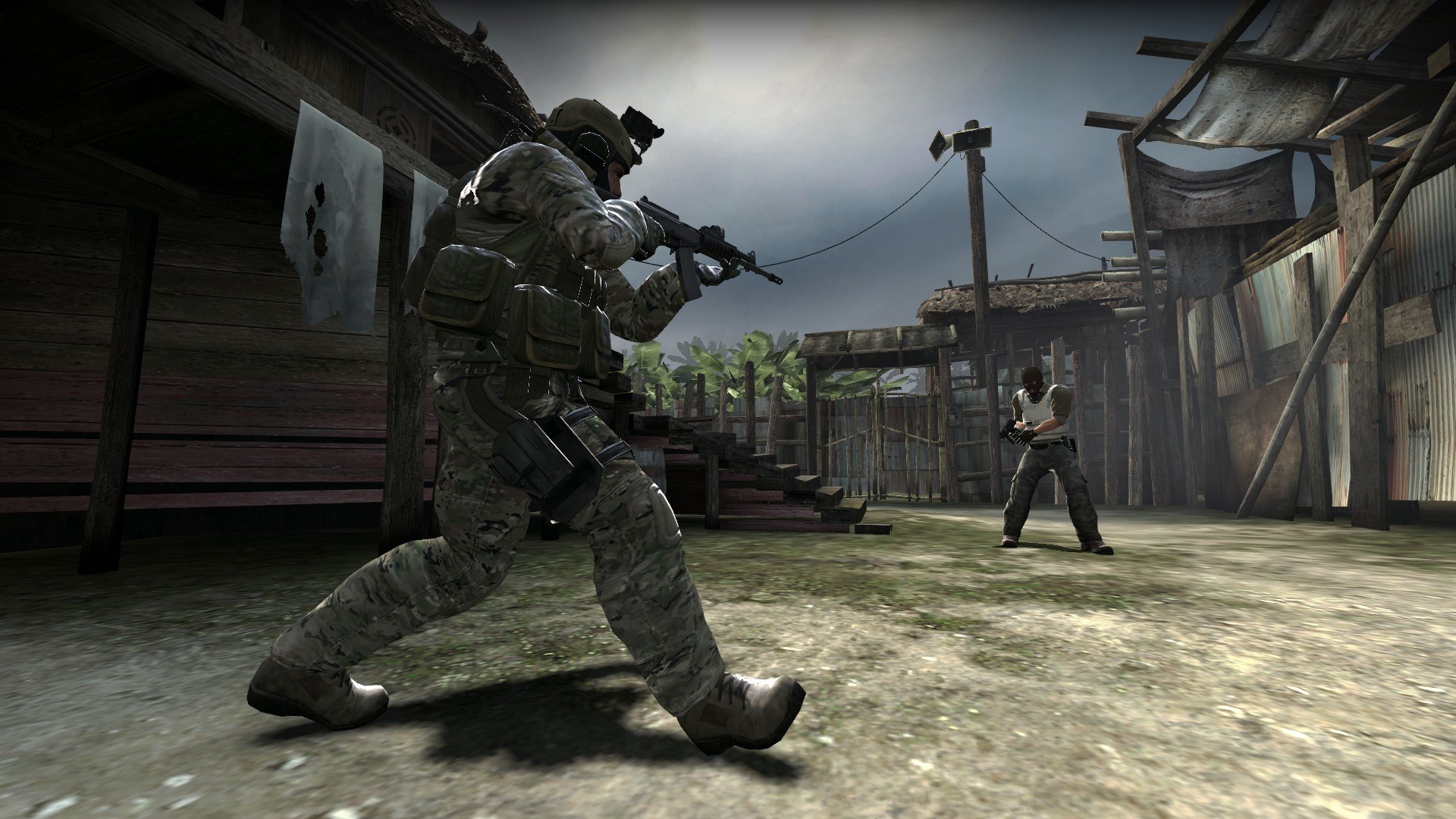Six Australian Counter-Strike: Global Offensive (CS:GO) players have been arrested for allegedly fixing matches during a tournament, the first time police in the country have launched an investigation into esports match-fixing.

Four of the individuals – all men, and all between the ages of 19 and 22 – were from Victoria, with two more arrested in Western Australia, according to The Guardian.
Police Taking Esports Corruption Seriously
According to Victoria police, the players are accused of having lost matches on purpose during a CS:GO tournament, and profiting by wagering against themselves. The investigation began in March, when a betting company alerted police to suspicious betting patterns.
Police say that the players made a total of 20 bets over five matches. The value of those bets was not disclosed.
“Esports is really an emerging sporting industry and with that will come the demand for betting availability on the outcomes of tournaments and matches,†Victoria police assistant commissioner Neil Paterson said, via The Guardian. “It’s important that police and other agencies within the law enforcement, gaming and betting industries continue to work together to target any suspicious activity.â€
The players involved could potentially face serious consequences. They have been charged with engaging in conduct that corrupts a betting outcome and the use of corrupt conduct information for betting purposes, charges that can result in up to 10 years in prison.
Paterson hoped that the serious nature of the investigation would deter future threats to integrity in the esports world.
“These warrants also highlight that police will take any reports of suspicious or criminal activity within esports seriously, and we encourage anyone with information to come forward,†he added.
Esports have become increasingly popular in recent years, and revenues are climbing, with the industry expected to bring in over $1 billion for the first time in 2019.
CS:GO Has Previously Match-Fixing Scandals
But when it comes to prize money, payouts tend to be top heavy, with a few top individuals and teams taking home the vast majority of what still amounts to a relatively small pie – at least when compared to the most popular traditional sports.
As seen in tennis, that can be a recipe for corruption in lower level events, where there may be less oversight and more incentive to take a risk in exchange for immediate monetary gain. Esports has had other match-fixing scandals in the past: famously, the iBUYPOWER team was indefinitely banned from official CS:GO competitions in 2015 after throwing a match in an August 2014 tournament.
CS:GO has been a prominent part of the esports landscape since the game was released in 2012. In its competitive mode, two teams of five players compete against each other in fast-paced matches, with the team winning the most of 30 rounds taking the victory.











